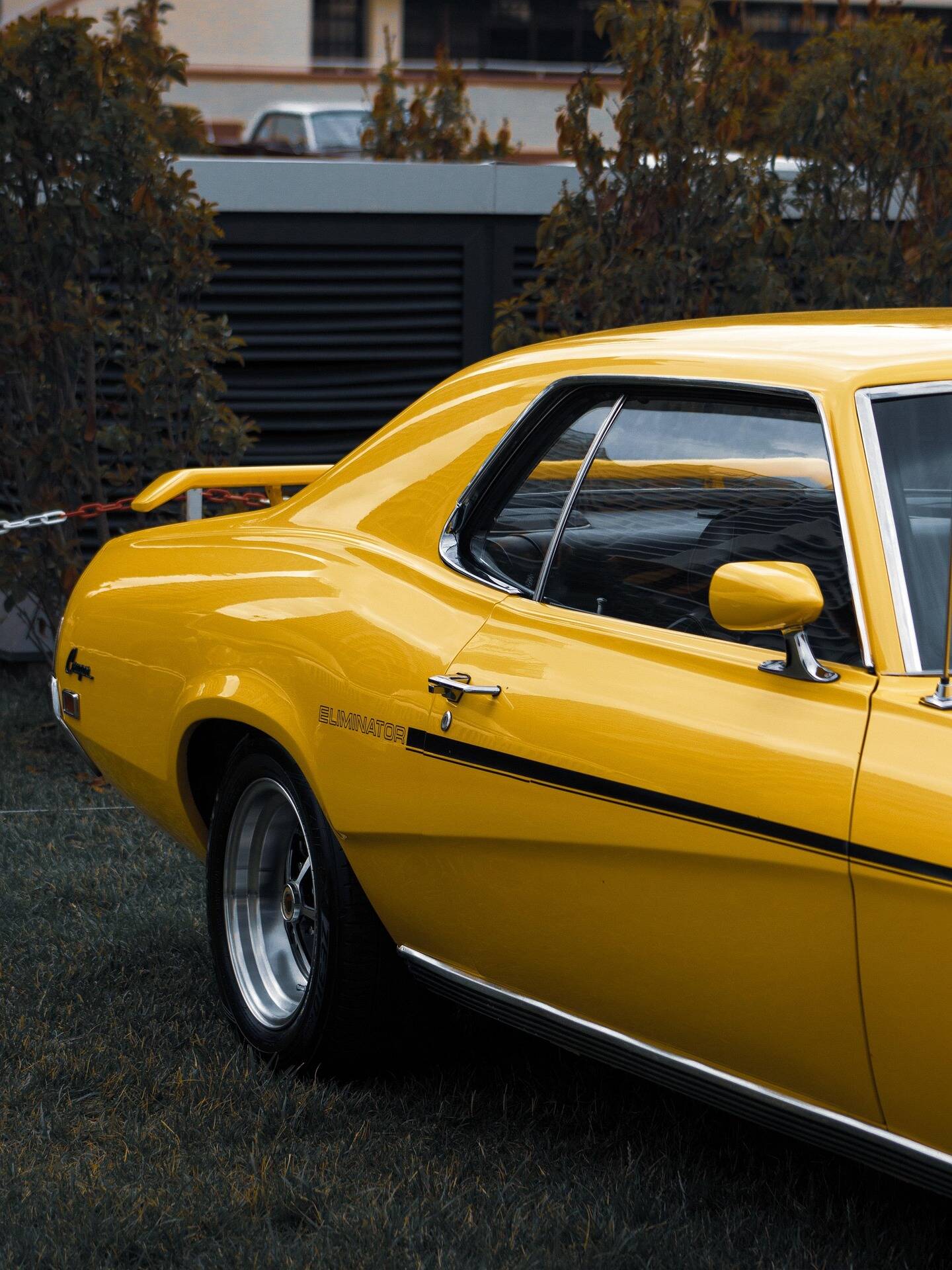Cutting the cost of a company car
You want to help your young son replace the ancient car he currently drives. The plan is for your company to buy it but for the running costs to be met by your son. That’s fine with him but is there a more tax and cost-effective alternative?

The tax factor
There’s no denying it, cars are expensive whether purchased personally or by your company. What’s more, if your income is derived from your business, tax plays a major factor in the overall cost of the car. The tax consequences are quite different depending on whether you draw extra salary or dividends to personally pay for the car or get the company to buy it direct.
Example - costs personally paid
In considering this scenario there are several tax and NI factors to consider. The best way to do this is to look at a realistic example.
Terry’s son James is provided with a car by Terry’s company Acom Ltd. It’s a brand new hybrid vehicle with CO2 emissions of 114g/km and a list price of £18,500. Terry has budgeted for the car to be sold after four years for £9,000.
Even though the car is for James, because he’s not an employee of Acom, Terry will be taxed on it as a benefit in kind as a higher rate taxpayer.
Taking all the factors together, namely: the cost of the car, its resale value, the benefit in kind tax, Class 1A NI for Acom, corporation tax relief and dividends it pays to Terry, the net overall cost to Acom after four years will be just under £23,000.
Importantly, this assumes that James pays the running costs, e.g. servicing, tyres, insurance, etc.
The company can substantially reduce the overall cost of the car if it also pays for its running costs but is reimbursed for them by James.
Example - costs paid by company
The position is the same as the previous example except that Acom pays the running costs, estimated at £2,195 (mostly insurance) per year, and James reimburses these. The bottom line is that Acom’s overall cost is reduced to under £17,000 (a saving of £6,000) and James’ and Terry’s financial position is neutral.
How is the cost reduced?
The reduction in cost occurs because of how company car benefit in kind tax is calculated, i.e. because it’s reduced by the running costs that James reimburses to Acom. In turn, this reduces the amount of dividends that Acom pays Terry to cover the benefit in kind tax.
The reduction in the car benefit in kind is only allowed by HMRC where the company (employer) stipulates that payments for the private use of the car are made to it. The employer should include these terms in its company car agreement with the person to whom the car is provided.
In our example, Acom requires the payment for private use to equal the running costs it incurs. This ensures that it has no financial impact for Terry and James, and Acom benefits from the resulting tax saving.
Related Topics
-
HMRC updates guidance for claiming new allowance
Qualifying expenditure on plant and machinery can qualify for a 40% first-year allowance from 1 January 2026. HMRC has now updated its guidance to help make claims. What do you need to do?
-
Get ready for Making Tax Digital for Income Tax
If you’re one of the (un)lucky individuals who need to join Making Tax Digital for Income Tax (MTD IT) from 6 April 2026, you probably know that this involves submitting regular, digital records to HMRC. But what do you need to do to prepare?
-
CT61




 This website uses both its own and third-party cookies to analyze our services and navigation on our website in order to improve its contents (analytical purposes: measure visits and sources of web traffic). The legal basis is the consent of the user, except in the case of basic cookies, which are essential to navigate this website.
This website uses both its own and third-party cookies to analyze our services and navigation on our website in order to improve its contents (analytical purposes: measure visits and sources of web traffic). The legal basis is the consent of the user, except in the case of basic cookies, which are essential to navigate this website.